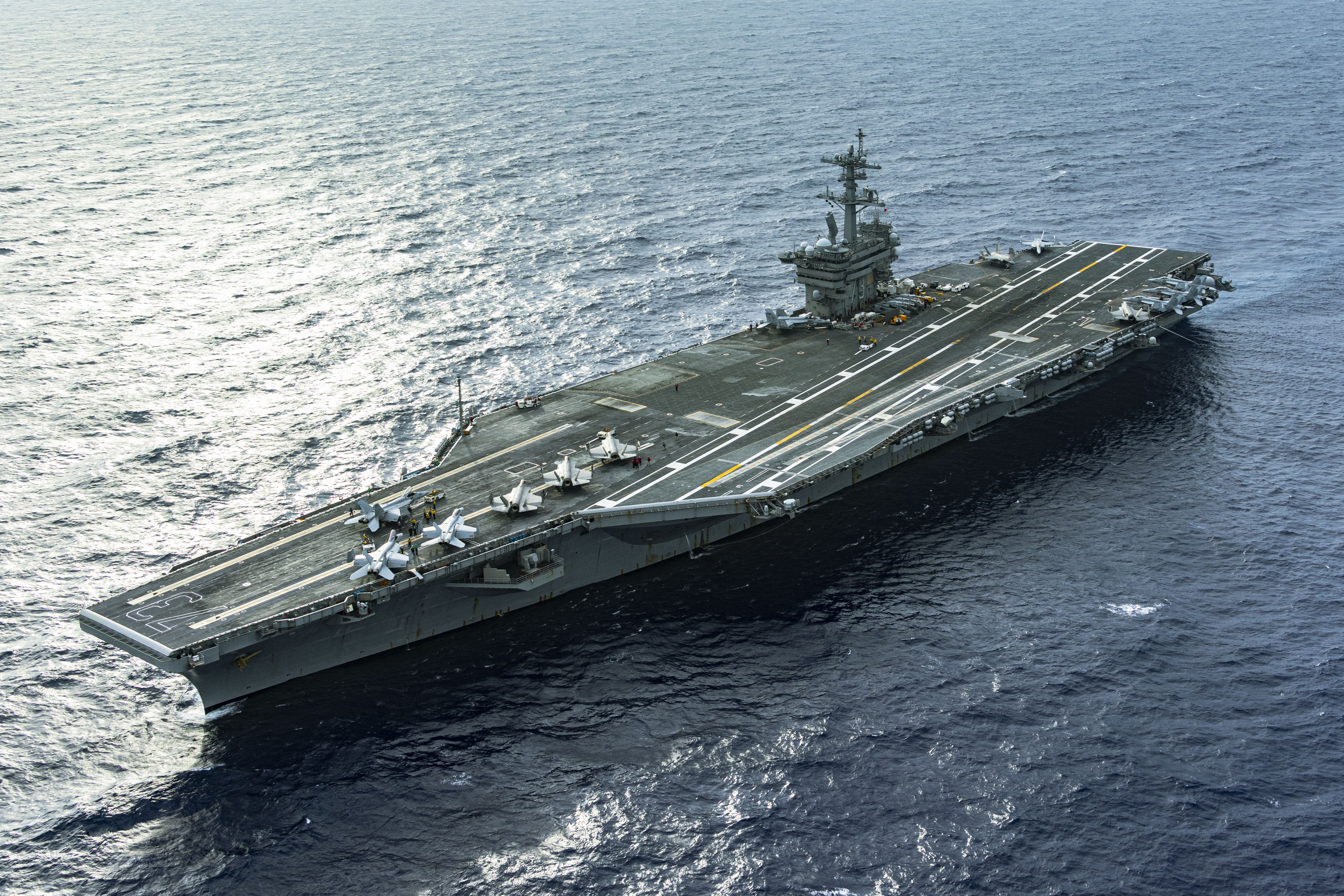The Resurgence of US Global Leadership: Analyzing the Shift in Public Opinion
 The Tech Times
The Tech Times
In a world where geopolitical dynamics are frequently shifting, the appetite for American leadership on the global stage has seen a notable resurgence. According to a recent poll conducted by the Reagan Institute, nearly two-thirds of respondents expressed support for a more significant role for U.S. leaders in international affairs. This marks a significant shift in public sentiment and raises questions about the underlying causes of this renewed confidence.
The poll’s findings are part of a broader narrative that has evolved over the past few decades. Historically, American leadership in international affairs has oscillated between engagement and isolationism. The post-World War II era, for example, saw the United States emerge as a dominant global force, spearheading initiatives such as the Marshall Plan and establishing institutions like NATO and the United Nations to foster international cooperation and security.
However, by the late 20th century and into the early 21st, there was a notable retreat from these expansive roles, driven by factors such as the Vietnam War’s legacy, economic challenges, and more recently, the prolonged conflicts in Iraq and Afghanistan. These conflicts significantly diminished public enthusiasm for overseas engagements, leading to a more inward-looking national perspective.
The pendulum appears to be swinging back. Several factors may contribute to this change in perception. First, the rise of global challenges such as climate change, cybersecurity threats, and pandemics has underscored the importance of multilateral cooperation. These issues transcend national borders, demanding a coordinated response where American leadership has historically played a pivotal role.
Second, the geopolitical landscape is witnessing increased competition, particularly with the rise of China as a formidable global power. As China expands its influence through initiatives like the Belt and Road and assertive territorial claims, many Americans may feel that strong U.S. leadership is necessary to counterbalance these moves and maintain a rules-based international order.
Moreover, recent years have seen a revitalization of alliances and partnerships, with the U.S. reaffirming its commitments to NATO and strengthening ties in the Indo-Pacific region. These efforts may have bolstered public confidence in the U.S. ability to lead effectively on the global stage.
Finally, the domestic political climate and leadership styles have also played a role. Leadership that emphasizes diplomacy and multilateralism might resonate more with the public, contrasting with previous approaches that favored unilateral actions and rhetoric.
The implications of this shift in public opinion are significant. A more engaged U.S. could lead to strengthened alliances, more robust international institutions, and a proactive stance on global issues. However, this also requires careful consideration of the costs and responsibilities involved in taking a leadership role, ensuring that policies are sustainable and aligned with long-term national and global interests.
In conclusion, the Reagan Institute's poll reflects a key moment in the narrative of American foreign policy. As global challenges mount and the international order faces new tests, the renewed support for U.S. leadership could signal a pivotal moment for the country's role on the world stage. The challenge now lies in translating this public sentiment into effective, forward-looking policies that can navigate the complexities of 21st-century geopolitics.
Source: Survey shows surge in support for US leadership in foreign affairs
Subscribe to my newsletter
Read articles from The Tech Times directly inside your inbox. Subscribe to the newsletter, and don't miss out.
Written by
